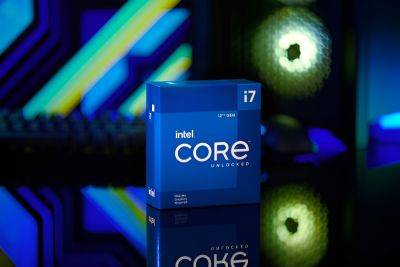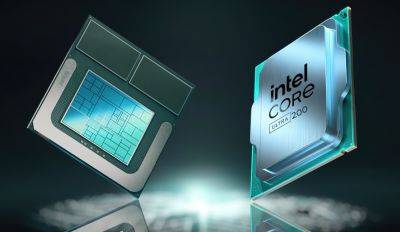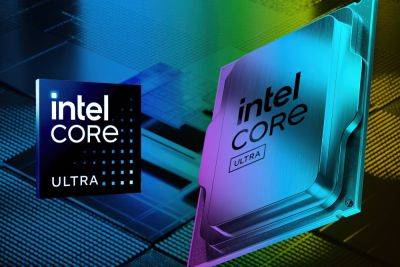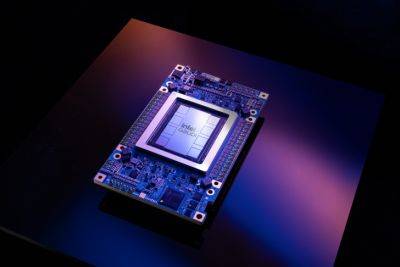Intel “0x129” Microcode Tested on Linux, Raptor Lake CPUs Shows No Major Performance Impact
Intel's new "0x129" microcode has been tested on Linux, and fair enough, the results show that the Raptor Lake CPUs don't see a major performance impact.
Intel's Latest "0x129" Microcode Hasn't Brought In Any Performance Dips Except For a Few "Single-Threaded" Focused Scenarios In Linux
Intel has recently released a new microcode patch to address the 14th Gen and 13th Gen CPU instability issues. After a long chain of "updates," it looks like the "0x129" patch might have done the job for Intel, as disclosed in our previous coverage, where the microcode was benchmarked on Windows. Now, credit to Phoronix, Intel's latest microcode patch, which has been tested on Linux as well to see whether there is any performance downgrade on the platform.
Related Story GPD Unveils Pocket 4, The First AMD Ryzen AI 300 “Strix” Handheld: Shares Radeon 890M “RDNA 3.5” & Arc 140V “Xe2” iGPU Benchmarks
So interestingly, Phoronix decided to conduct a whopping 188 benchmarks to measure the effectiveness of the new microcode, and the results were compared against the "0x125" microcode, which is a predecessor to the latest one. While the benchmarks were conducted quite extensively, we'll only cover a few ones given that the results were consistent across the board, but there were some exceptions. Starting with 3DMark Wild Life Extreme, the new microcode showed no signs of performance degradation, and there was a minor yet negligent bump in the FPS.
Notable environments in which the CPU was tested include 7-Zip Compression, PyPerformance, PyBench, Crypsetup, and Perl Benchmarks. All of these applications test a certain element of the processor, whether it is the FPUs or the ISA. So, it's safe to say that the benchmarks have given us a broader idea of the 14th and 13th-generation CPU instability and the fact that it has been mitigated to a greater extent.
However, there was a caveat associated with WireGuard, where a performance drop of 11.8% was witnessed. This drop is likely associated with







